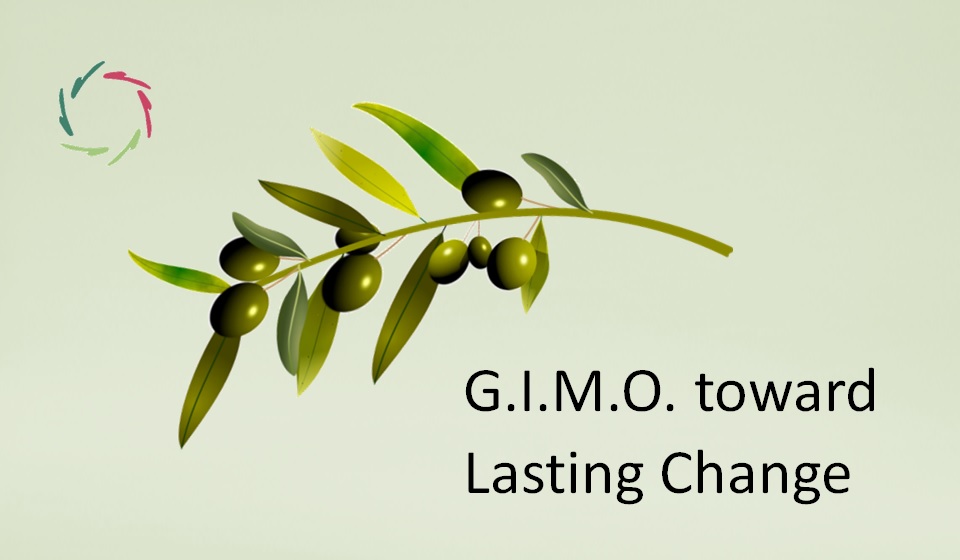Growing towards AURELIS Coach

AURELIS coaching is quite related to Compassion.
(The masculine is used in this as generic gender.)
The only instrument is the coach
AURELIS coaches do not use methodologies as instruments to change coachees. Thus, it is not the case that anyone can instrumentally learn to AURELIS-coach.
Nevertheless, a lot can be learned. I prefer to call it ‘growing’ instead of learning. One grows towards and into being an AURELIS coach.
This reflects a few things
Namely:
- Being a coach is personal. Of course, at the same time, it is professional. A good comparison is stage-acting. A good actor shows himself entirely as he is and yet in a professional way. The public appreciates this combination.
- There is effectively much stuff to be learned. The main goal is to be better able to be oneself in coaching. Thus, it’s not just about dry things. It’s living material. Always, there should be an intimate integration of the material and without anywhere losing oneself.
- This process is never finished. Growth never stops. Therefore, the coaching can always become ‘better.’ It’s not straightforward even to say so and mean it. It might be more an endeavor than reality. It might also be that this doesn’t matter. What does matter is the vow, the calling, and the expert keeping his beginner’s mind.
Non-specific factor: Compassion
In the AURELIS blogs, one can search on ‘compassion’ to see what is meant (several blog texts).
Growing towards AURELIS-coach is Compassion-related. This is not one feat to be accomplished. It’s an ongoing effort, a practice, something in which one can succeed for better or worse each time again. [see: “Practicing Compassion“]
Several elements are important
Each of the following needs to be taken into account. I don’t think that good coaching is possible without, one way or another, having made specific proper efforts in them all:
- ethical considerations
- in-depth insights
- meditative mindset
- techniques towards oneself
- practice, each time again knowing that one will learn something new
A lot about the first three can be found in the AURELIS blogs. In my view, personal instruction is still needed after reading all of them, but the reading surely helps.
The last two are even less well possible to be conveyed through textual material.
They are numbered because I think the order is somewhat important. For example, ethics comes first because it truly makes all the rest different. Ethics is also the first thing one may forget while never forgetting.
In practice, the flow can be much more fluent. After a while, everything enhances each other. The elements become like the necessary ingredients of one excellent whole. This whole is what the coach serves, like a chef, to his coachees.
The rest is mainly enjoyment.


